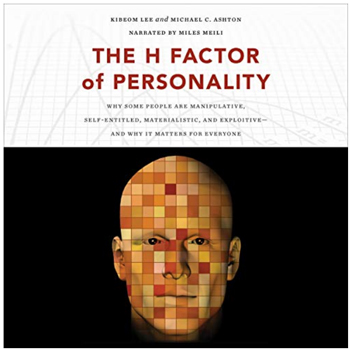“CHARACTER-REVEALING MOMENTS” GO TO THE HEART OF WHO WE ARE
I have often heard the saying; “Character is defined as what you do when no one is looking.”
Character reveals a person’s deepest intentions toward another human being.

We ask ourselves, “Will this person be helpful or hurt me?” Knowing someone’s character provides important information about how the person is likely to treat you. The strength of a person’s character also determines how well they follow through on plans, goals, commitments, and values.
Reading the obituaries offer rich information about a person’s character by summing up a person’s life by describing their legacy and impact on the world.
I read a great example about this recently because one particular obituary really caught my attention!
It started “George….has left the planet!”
I thought to myself, “Wow, I wonder what George was really like, I wish I could have met him.”
His family described his character as a “respected chef, a loyal friend, and an excellent husband”. But the description I loved was “Most of all, he had soul and that soul will be cherished forever.” The family ended the obituary with his favorite quote from Helen Keller, “The best and most beautiful things in the world cannot be seen or even touched. They must be felt with the heart.”
Character is a subset of personality traits, openness to experience, conscientiousness, extraversion, agreeableness, and neuroticism, which is the tendency to experience negative emotions and react poorly to stress.
Research in the early 2000s identified a sixth trait called the H Factor, for Honesty and Humility—the two qualities that showed travel together.
 The book, “The H Factor of Personality: Why Some People Are Manipulative, Self-Entitled, Materialistic, and Exploitive—And Why It Matters for Everyone“, was written by Kibeom Lee and Michael Ashton. It underlines people’s “approaches to money, power, and sex”. It governs their inclination to commit crimes or obey the law. It orients them toward certain attitudes about society, politics, and religion. The H Factor generally sums up a person’s willingness to exploit others. Or not.
The book, “The H Factor of Personality: Why Some People Are Manipulative, Self-Entitled, Materialistic, and Exploitive—And Why It Matters for Everyone“, was written by Kibeom Lee and Michael Ashton. It underlines people’s “approaches to money, power, and sex”. It governs their inclination to commit crimes or obey the law. It orients them toward certain attitudes about society, politics, and religion. The H Factor generally sums up a person’s willingness to exploit others. Or not.
Character is seen as a disposition that drives a person to behave in consistent ways, but more importantly, allows us to evaluate the world, and what we perceive in other people.
We rapidly gather information about a person’s kindness, fairness, honesty, trustworthiness, and loyalty. Contemporary psychology holds that the impressions we form of others are snapped together from a quick estimation of two features—a person’s warmth and competence.
We also need to be aware that social skills and character are two different things. We care about the warmth a person generates and quickly absorb information about it. We care about an individual’s competence, but above all, we want to know about their moral character because it is our best guarantee of safety on the social axis on which we spin.
Character is so fundamental because we interact with people all the time. Our individual moral character helps balance our own interests with those of others. Morality, by definition, is about regulating social relationships.
One element of moral character is known as “guilt-proneness”—the degree to which a person takes others’ perspectives into account and feels responsible for not harming them. They consider the behavioral consequences of what they do the possible impact their actions might have on others.
The second element is the desire to do good and avoid doing harm, it is about treating others fairly. Looking at life through a moral lens requires moral awareness. The problem with character though is that is hard to discern. First impressions matter but character typically takes time to reveal itself.
Character can only be inferred by a person’s behavior.

The situations that draw character forth from people are ones that pitch values into sharp competition. Moral character shows itself only when some kind of choice is required. It takes a variety of situations to get a full picture of someone’s character. Moral character is not a passive trait it actually helps steer people out of certain situations especially avoiding environments that could lead to others being harmed.
The importance of character, however, is not limited to social life; it also matters to each of us psychologically.

Character information is crucial to a person’s identity and sense of self-worth; those with the highest moral character regard it as important to be moral, and be seen as moral.
As we head into the holiday season and continue to overcome the challenges over the past few years it is crucial for all of us to remember to lead with kindness and compassion!
Do not let the behaviors of others destroy your inner peace….
What would you like your obituary to say?

Think about it and let me know!

Maria Bucci, M.Ed LPC DWC-F. Daring Way Facilitator by Dr. Brené Brown


Leave a Reply